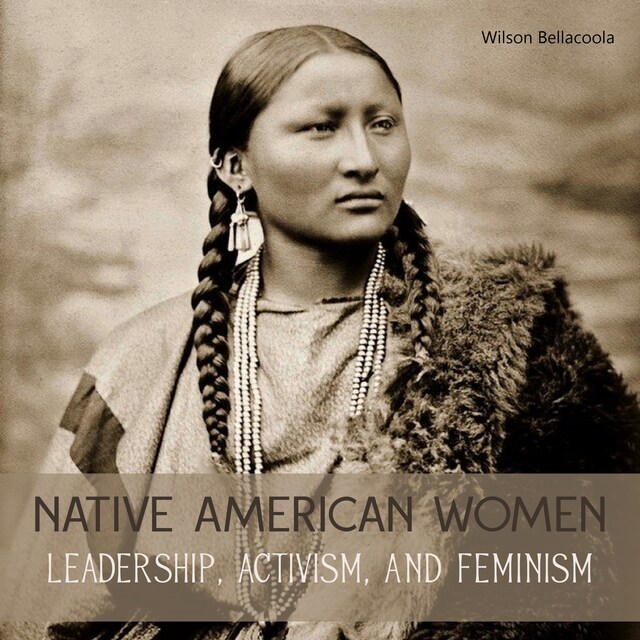
Native American Women
Tietoa kirjasta
A traditional Cheyenne saying still holds true for many Native Americans today: "A nation is not conquered until the hearts of its women are on the ground." While Native American women have taken a beating—literally and figuratively—since the European conquest of Native America, the women's hearts are still beating. Although Native American tribes and nations vary historically and contemporarily, traditional Native American women's perspectives can be generalized to an extent. Native American women typically value being mothers, caretakers, and social transmitters of cultural knowledge. A Native American woman's identity is generally rooted in her spirituality, extended family, and tribe.
In fulfilling their traditional roles as leaders in their communities, American Indian women are often at the core of American Indian resistance and struggle for liberation. Native women have a long history of assuming leadership positions within their particular tribes. Their struggles share many of the characteristics of women's struggles associated with feminism in the larger society, yet many Native American women explicitly reject the label of feminism.
This book considers the historical oppression of Native peoples and the relative exclusion of Native women in the existing feminist research.
What became apparent despite their more central position in their societies, traditional Native women tend not to view themselves as feminists.
An important theme running through the book was although Native women, in general, do not have equality of opportunity within larger American society in terms of economic resources, employment, education, health care, etc., and in many cases, are solely responsible for the survival of their families. Native women do not view their struggles for more power within their communities and the larger society as incompatible with home and family priorities.
Muoto:
Kielet:
englanti


